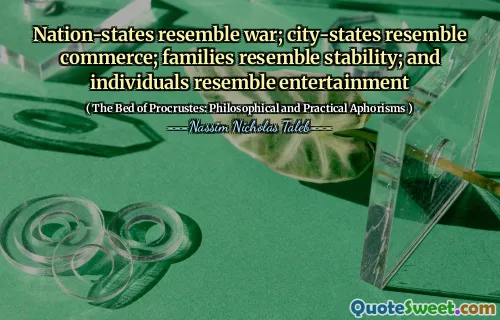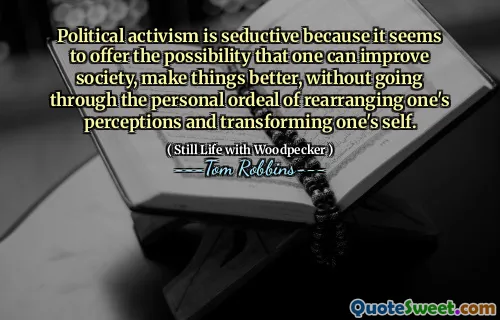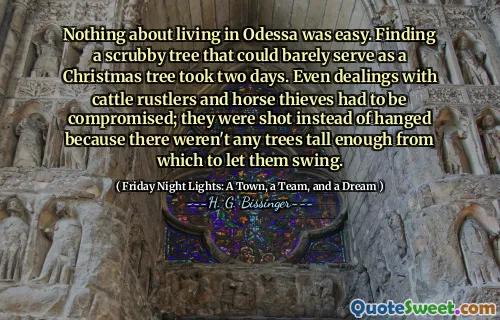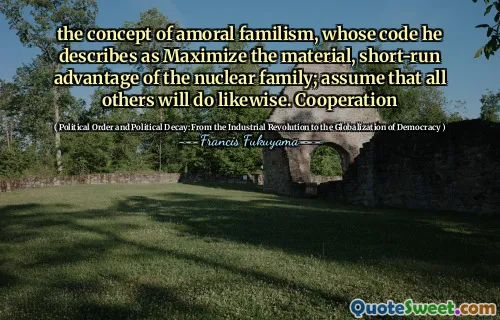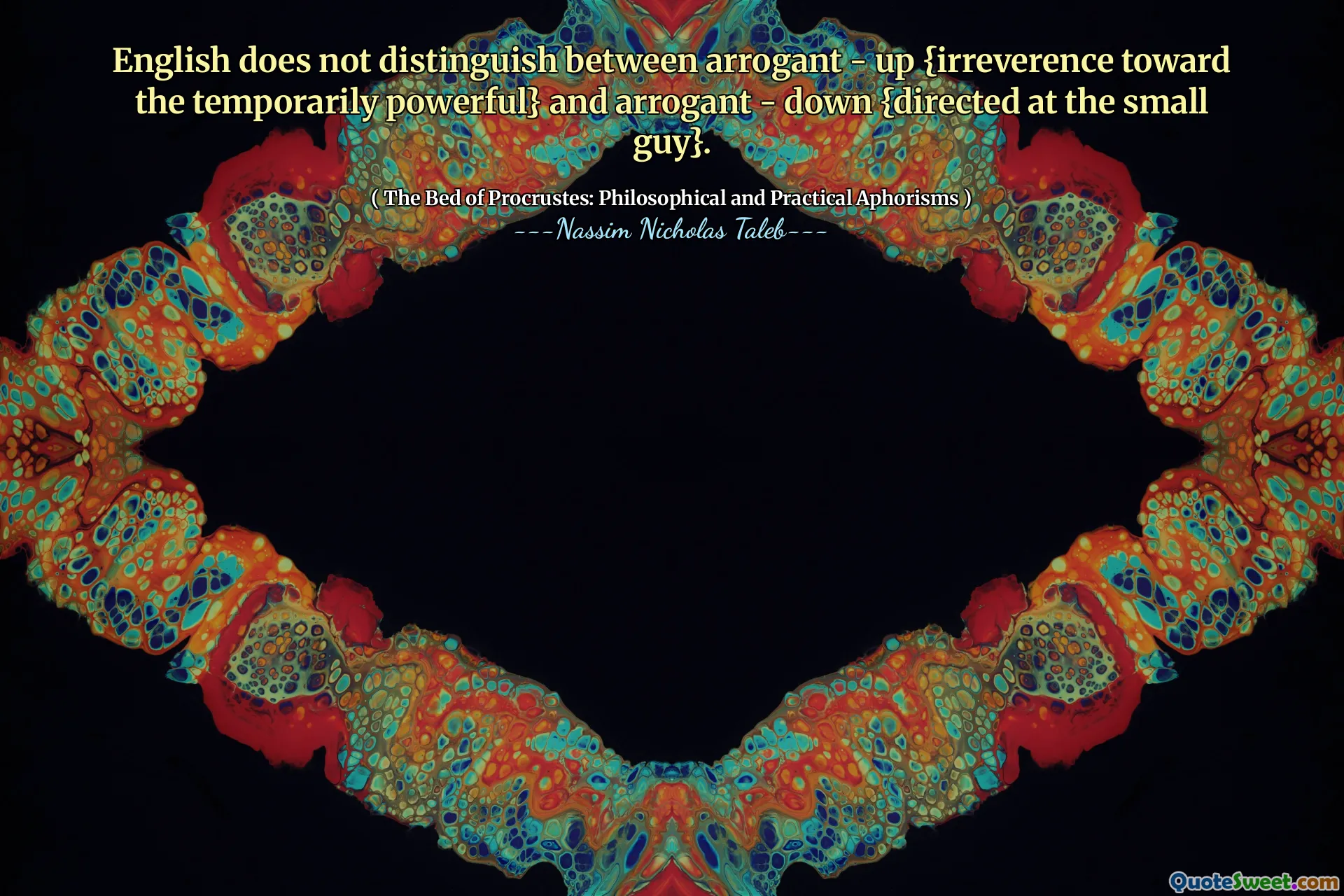
English does not distinguish between arrogant - up {irreverence toward the temporarily powerful} and arrogant - down {directed at the small guy}.
The quote highlights a subtle yet significant aspect of the English language: its inability to differentiate between different types of arrogance. This convergence of meanings reveals how language reflects and shapes our perception of social hierarchies and morality. When the language doesn't distinguish between arrogance directed upward—toward the powerful or institutions—and arrogance directed downward—toward the small or vulnerable—the societal implications become fascinating. It suggests that in many cases, society might overlook or equate acts of hubris regardless of whom they target, possibly implying an underlying assumption that arrogance is inherently problematic, regardless of context. This leads to reflection on how our cultural narratives either amplify or silence certain behaviors based on whom they affect. For instance, arrogance exhibited by the powerful might be dismissed as confidence or leadership, while arrogance by the less powerful could be criminalized or viewed as insolence. The uniformity in language may mask these nuanced distinctions, creating a societal lens that sees arrogance as a singular vice rather than a complex behavior that varies depending on social context. Recognizing this limitation invites us to scrutinize not only language but also the societal values it propagates. Ultimately, it reminds us to be more attentive to the motives and circumstances behind behaviors that are often categorized simplistically. This understanding encourages a more compassionate and nuanced approach to social judgments, emphasizing understanding over broad blame or praise. The quote subtly urges us to be aware of how language shapes our perceptions and how such perceptions influence social dynamics.

